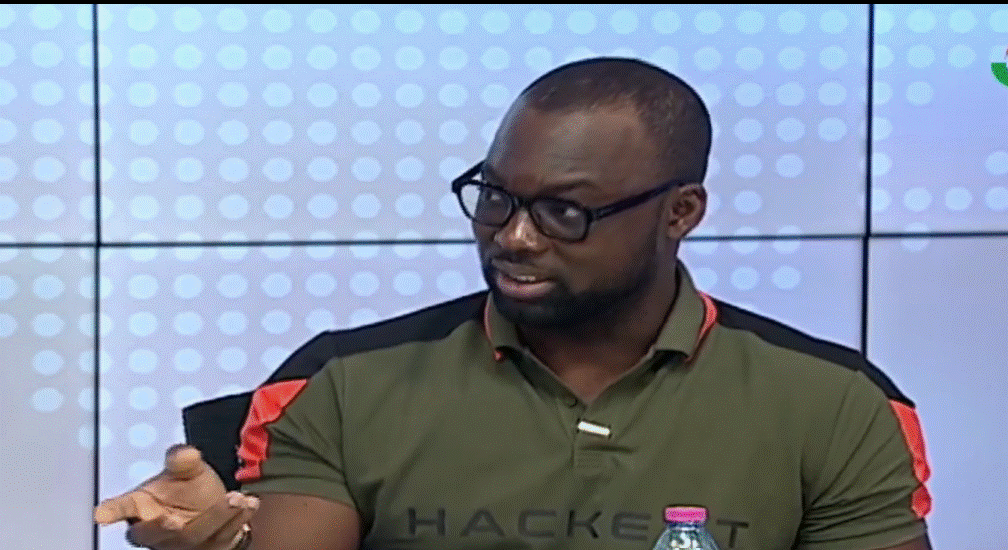We inherited an insolvent company

Chairperson of the Ghana Cocoa Board, Randy Abbey, has revealed that the current administration inherited an institution on the brink of collapse, riddled with debt, reckless contracts, and financially questionable decisions that continue to haunt the sector.
Speaking in an interview with Keminni Amanor on Hot Issues on 3News monitored by MyNewsGH, Abbey stated bluntly: “We inherited a Cocoa Board that could be described as insolvent. A company that owes almost GH₵33 billion, some of these debts dating back four, three, or two years.”
Abbey disclosed that the Cocoa Board had committed to road contracts worth GH₵21 billion, an amount he described as unrealistic given the company’s financial capacity. “There’s no way you’ll be able to afford to spend GH₵21 billion on roads in the next five or even ten years,” he lamented.
He also raised red flags about the practice of signing road contracts in US dollars with Ghanaian contractors, starting from 2019, further deepening the financial crisis. “It’s been terrible. We owe agrochemical suppliers over $400 million, and some of the agrochemicals have not even been seen at our stores,” he added.
Abbey noted that Cocoa Board imports on a CIF (Cost, Insurance, and Freight) basis, meaning once suppliers deliver the goods to the port and provide the bill of lading, payment obligations kick in—even if the goods are not cleared.
He said, “We’re told there are over 200 containers of jute sacks and agrochemicals at the ports, and the National Investigations Bureau is investigating because we don’t know where they are.”
Referring to what he called a shocking waste, Abbey highlighted how the board procured more jute sacks despite having massive stockpiles.
“At the end of the 2021/2022 season, we had over 94,000 bales in storage. Yet, another 75,000 bales were procured at a cost of over $45 million,” he said. The following year, another 75,000 were ordered despite stockpiles. “That year, we used just over 30,000 sacks. Why would you buy when you can’t clear the previous ones?”
The situation worsened in December 2024 when Cocoa Board issued irrevocable letters of credit worth $48 million for 80,000 new bales—despite having over 70,000 in stores and 110,000 uncleared at the ports.
“I can’t terminate that contract; it’s irrevocable. Once the supplier presents a bill of lading, the money is wired. How do you run a company like this?” he asked.




